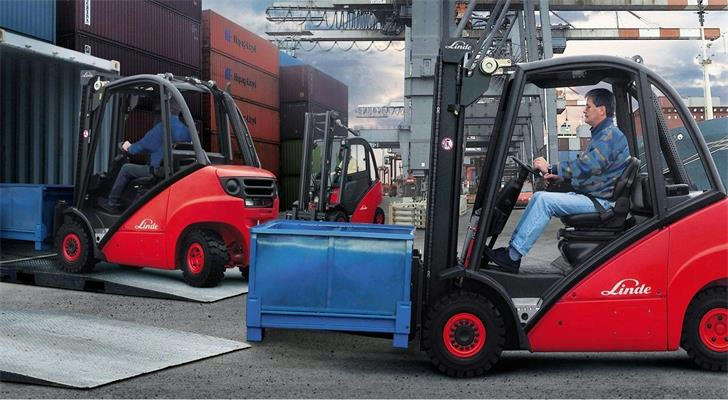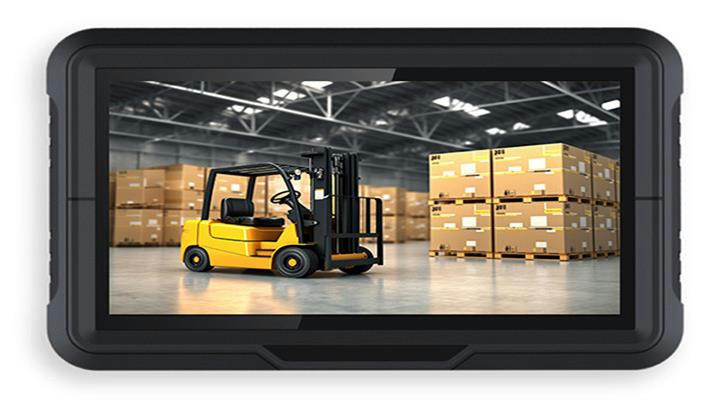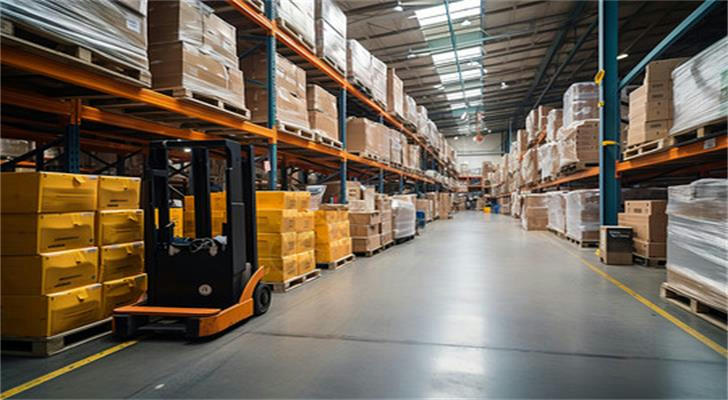Forklift Operators: The Heroes Behind Modern Logistics

In the modern logistics system, forklift operators play an indispensable role. They shuttle between warehouses and factories, accurately transporting goods to designated locations, ensuring smooth production and circulation. However, behind this seemingly simple position, there are many unknown hardships and skills. This article will explore in depth the work characteristics, challenges faced by forklift operators, and their important role in modern logistics.
Ⅰ. Work content and characteristics of forklift operators
The main work content of forklift operators includes:
- Cargo handling: Use forklifts to move goods from one location to another, including loading and unloading, stacking, picking, etc.
- Warehouse management: Responsible for the placement and sorting of goods in the warehouse, ensuring that the warehouse layout is reasonable and convenient for goods to enter and exit.
- Equipment maintenance: Regularly inspect and maintain forklifts to ensure that the equipment is in good condition and ensure operational safety.
The work of forklift operators has the following characteristics:
- High physical labor intensity: Forklift operators need to stand and walk for a long time, and perform frequent lifting and carrying actions.
- Complex working environment: Warehouse environments are often narrow, crowded, and have certain safety hazards.
- High technical requirements: Forklift operation requires proficiency in forklift performance, operating skills, and familiarity with warehouse layout.
Ⅱ. Challenges faced by forklift operators

Forklift operators face many challenges in their work:
- High safety risks: Improper forklift operation can easily lead to accidents, causing casualties and property losses.
- High work intensity: In order to ensure timely delivery of goods, forklift operators often need to work overtime, and the work intensity is relatively high.
- Limited career development: The career development path of forklift operators is relatively narrow, and there is limited room for promotion.
Ⅲ. The important role of forklift operators in modern logistics
Forklift operators play a vital role in modern logistics:
- Improving logistics efficiency: Forklifts are the core equipment of warehouse logistics. The skilled operation of forklift operators can greatly improve the efficiency of cargo handling.
- Ensure the safety of goods: The professional skills and careful operation of forklift operators help reduce damage to goods during transportation.
- Optimize warehouse management: The reasonable planning of warehouse layout and goods placement by forklift operators helps optimize warehouse management and reduce costs.

Ⅳ. Huge demand for forklift operators in the United States
As one of the world's largest economies, the United States has a highly developed logistics industry. In order to meet the growing consumer demand and the complexity of the supply chain, the demand for forklift operators in the United States has remained high. Especially with the rapid development of the e-commerce industry, the demand for warehousing and logistics has exploded, directly driving the huge demand for forklift operators.
Convenience brought by forklift operators to people's lives
The work of forklift operators may seem ordinary, but it has a profound impact on our daily lives:
- Sufficient supply of goods: Forklift operators ensure the circulation of goods from factories to supermarkets and stores, and ensure sufficient supply of goods on shelves.
- Reduce the cost of living: By improving logistics efficiency, forklift operators indirectly reduce the transportation cost of goods, thereby reducing the cost of living for consumers.
- Improve the quality of life: With the development of the logistics industry, consumers can buy a variety of goods more conveniently, improving the quality of life.
Case 1: Smart forklifts help logistics upgrade
With the development of science and technology, smart forklifts have gradually replaced traditional forklifts and become the new favorite in the logistics industry. Smart forklifts are equipped with various sensors and cameras, which can realize automatic navigation, obstacle avoidance, precise positioning and other functions, greatly improving work efficiency and safety. For example, a large e-commerce company's warehouse introduced smart forklifts, which increased the picking efficiency by more than 30% through human-machine collaboration.
Case 2: Forklift operator skill training improves professional value
In order to improve the professional skills and safety awareness of forklift operators, many companies have carried out forklift operation training. Through training, forklift operators can master more advanced forklift operation techniques and understand the latest safety regulations, thereby enhancing their own professional value. A logistics company has not only reduced the accident rate by conducting regular forklift skill training, but also improved employees' sense of belonging and work enthusiasm.
Ⅴ. Conclusion
Forklift work is an important part of the modern logistics system and has made great contributions to the development of social economy. However, there are still some problems in the working environment and career development of forklift operators. In order to better play the role of forklift operators, improvements need to be made in the following aspects:
- Strengthen safety education: Improve the safety awareness of forklift operators and strengthen the training of forklift operating procedures.
- Improve the working environment: Provide forklift operators with a more comfortable and safe working environment to reduce their labor intensity.
- Expand career development channels: Provide forklift operators with more career development opportunities and encourage them to continuously improve their skills.
In short, forklift operators are the heroes behind modern logistics. Their hard work has brought convenience to our lives. We should give them more attention and respect and jointly promote the development of the logistics industry.
